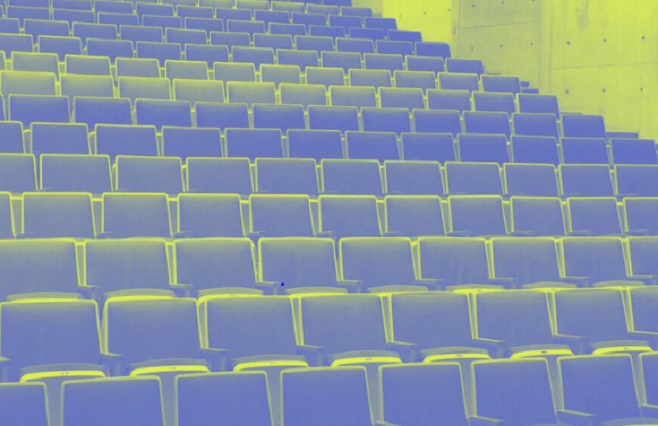Creativity, Culture & Connection: Future-proofing arts and culture

“What – and who – are you for?”
When we launched the Foundation’s work on the Civic Role of Arts Organisations in May 2016, we encouraged arts organisations to consider that question. Having a clear sense of purpose lies at the heart of human wellbeing; the same is true for organisations and all the more in a period of uncertainty.
“Excellence and engagement needn’t be in opposition.”
We had been inspired by the growing number of arts organisations who had gone beyond the then dominant narrative of access and participation and were proving that excellence and engagement needn’t be in opposition. Arts organisations have an important role to play in sustaining individuals and communities and making places more creative, connected, and vibrant places to live and work. At the heart of our Civic Role programme is the belief that publicly funded institutions must articulate more clearly the value they bring to their communities and wider society. Our ambition has been to build a movement of creative change-makers, with impact in their local communities, across the UK and internationally.
There is a risk that the COVID-19 crisis – with its devastating impact across society and the arts and cultural sector being particularly affected – sets this ambition back as leaders understandably look for anchors rather than embracing fluidity. As Common Vision’s new report ‘Creativity, Culture and Connection‘ highlights, organisations have not only had to navigate significant immediate challenges – including the impact of social distancing and lockdown measures on venues, artistic programming, and audience engagement – but also longer-term pressures of uncertainty. This, coupled with the need to redistribute resources to foster greater inclusion and diversity, has reignited the debate on what it means for arts organisations to be relevant to their communities.
“At this incredibly challenging time, the principles behind our work on the Civic Role feel even more important.”
At this incredibly challenging time, the principles behind our work on the Civic Role feel even more important. Some of the most inspiring responses to the crisis are those that are rooted in local needs and helping to develop community skills, capabilities, and creativity. They are encouraging discussion, helping to tell untold stories, and championing kindness and understanding of others.
Common Vision’s report demonstrates the extent to which many arts and cultural organisations have responded to the crisis with creative improvisation, reimagining and strengthening their civic role. In recent months, these organisations have boldly stepped into new territory, both online and offline in their local communities. We have seen them embrace cocreation, initiate cross-sector working, and pivot activities to reach new communities.
“One of our aspirations has been to help arts organisations ‘future proof’.”
Funders too have their part to play in this new context, by offering more flexible and agile funding and encouraging greater partnership working. At the Foundation, one of our aspirations has been to help arts organisations ‘future proof’ by enabling them to respond to significant social, economic, and environmental trends by putting relationships, and the people they serve, ahead of their own existence. The organisations profiled in Common Vision’s report suggest that relevance is crucial to building resilience in the arts and culture sector.
But it is not just the immediate future we need to think of. The principles set out in the concluding chapter of Common Vision’s report help provide a useful template for ensuring a civic agenda is prioritised in the long term. It demonstrates how we can connect the ‘now’ with a strategic vision for the future; one which has communities at the centre of artistic practice and the arts at the centre of civic life.
Download 'Creativity, Culture and Connection'